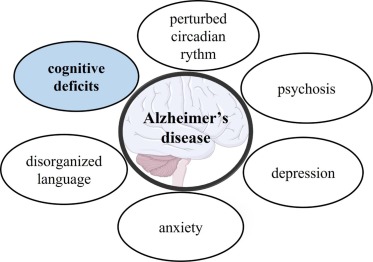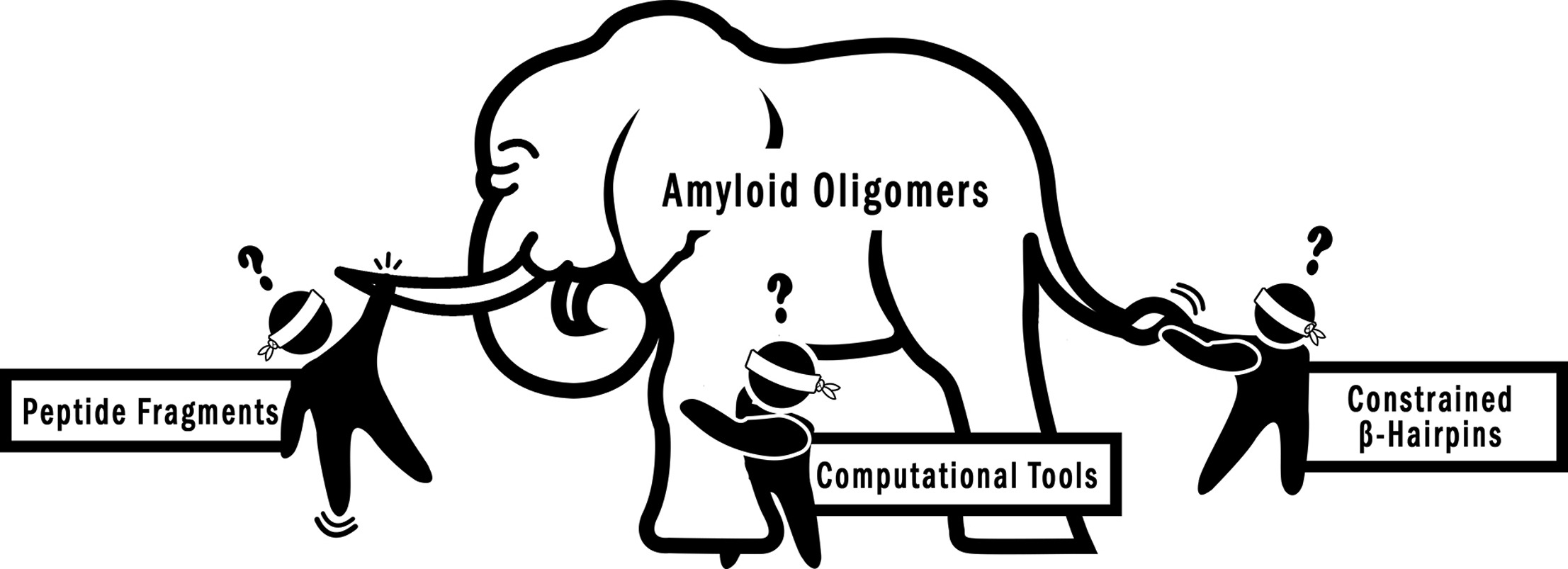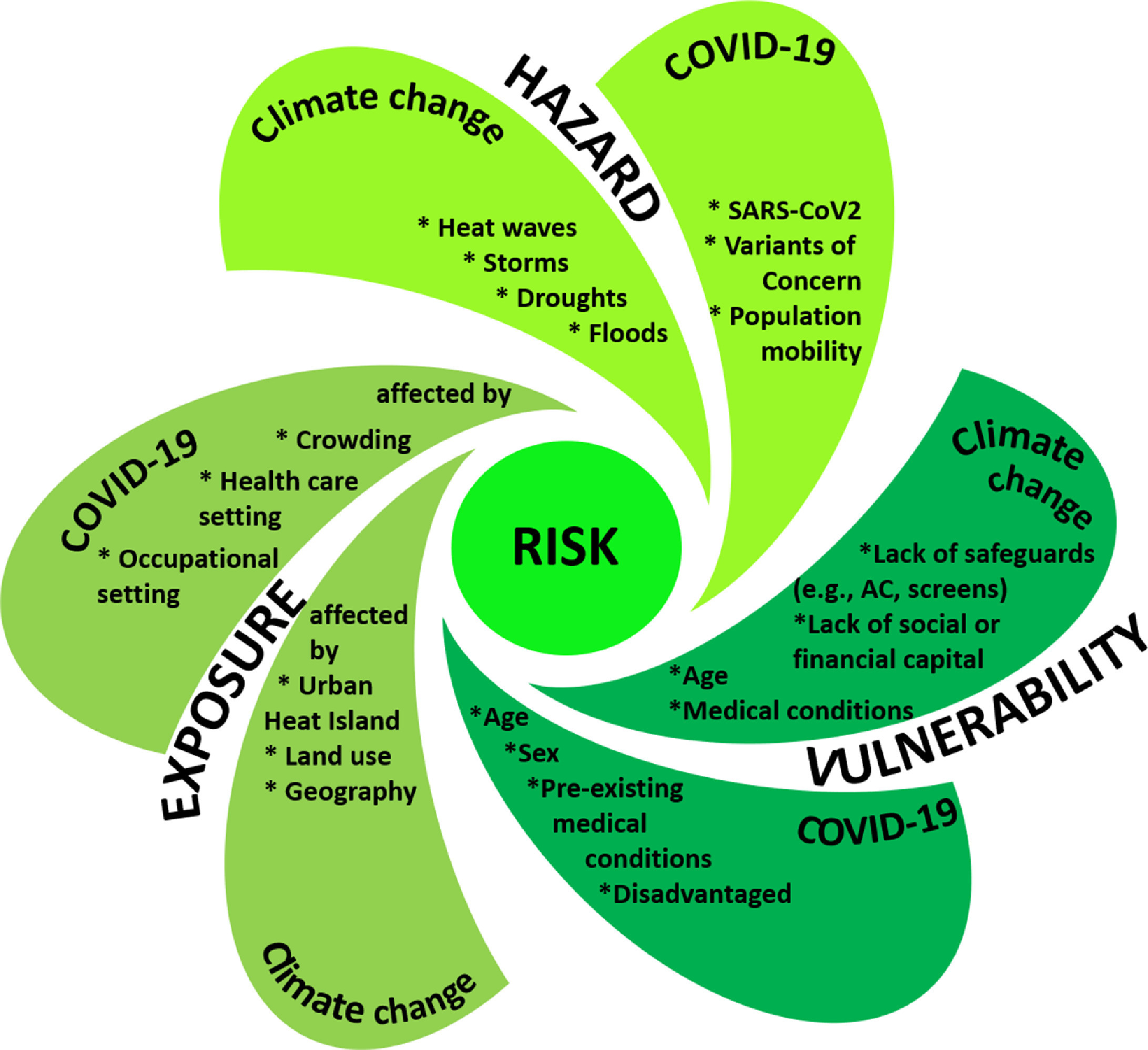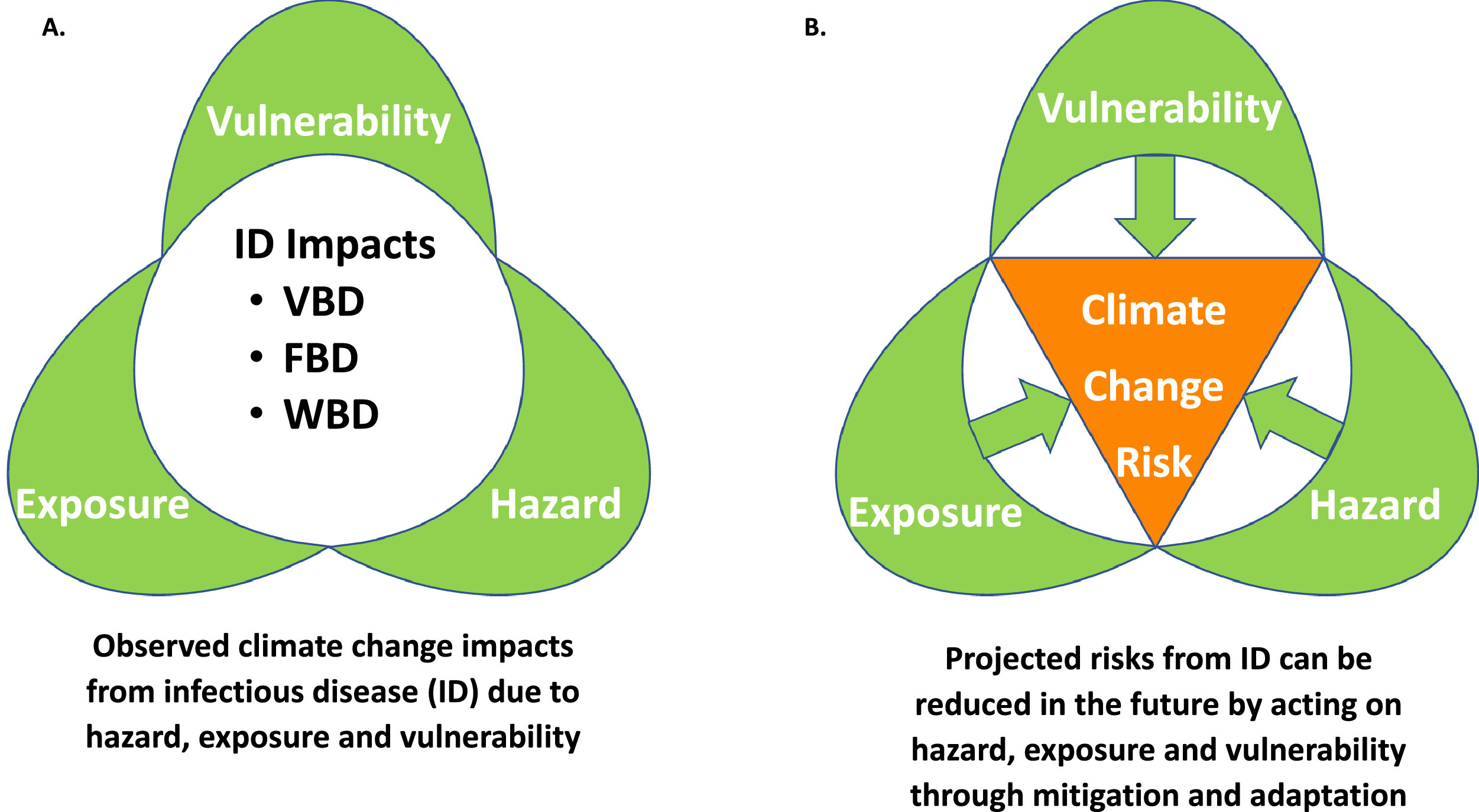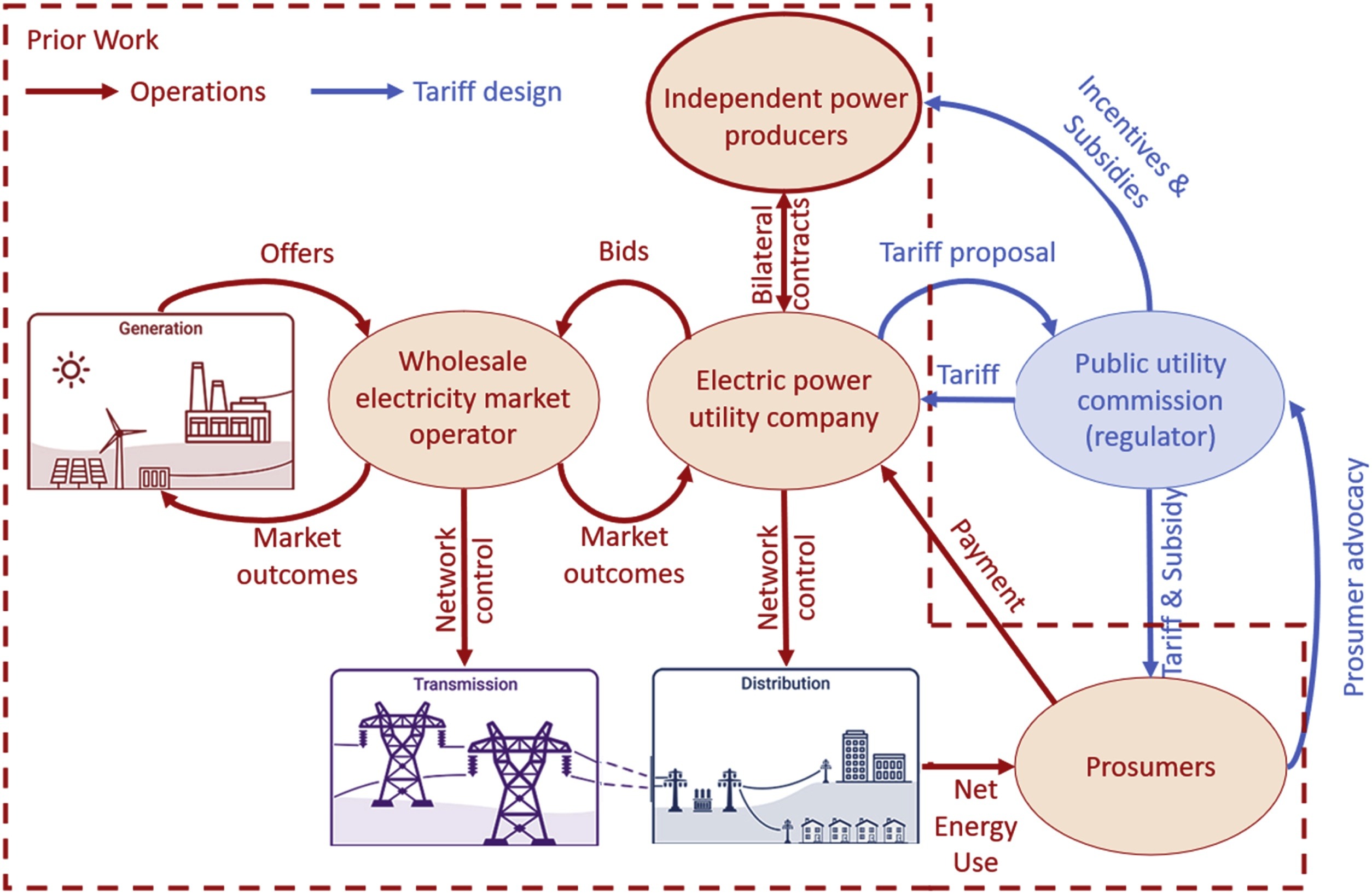Elsevier, Bioorganic and Medicinal Chemistry Letters, Volume 49, 1 October 2021
Despite the better understanding of the mechanisms underlying Alzheimer's Disease (AD) and launched clinical trials, no AD-modifying treatment based on a synthetic drug has been introduced for almost twenty years. The serotonin 5-HT6 and 5-HT7 receptors turned out to be promising biological targets for modulation of central nervous system dysfunctions including cognitive impairment. Within this paper, we evaluate the pharmacological potency of both, 5-HT6R and 5-HT7R, agents in search for novel AD treatment.
Elsevier, Current Opinion in Chemical Biology, Volume 64, October 2021
The assembly of amyloidogenic peptides and proteins, such as the β-amyloid peptide, α-synuclein, huntingtin, tau, and islet amyloid polypeptide, into amyloid fibrils and oligomers is directly linked to amyloid diseases, such as Alzheimer's, Parkinson's, and Huntington's diseases, frontotemporal dementias, and type II diabetes. Although amyloid oligomers have emerged as especially important in amyloid diseases, high-resolution structures of the oligomers formed by full-length amyloidogenic peptides and proteins have remained elusive.
Elsevier, Current Opinion in Chemical Biology, Volume 64, October 2021
More than a century has passed since pathological protein aggregates were first identified in the brains of patients with neurodegenerative diseases (NDDs). Yet, we still do not have effective therapies to treat or slow the progression of these devastating diseases or diagnostics for early detection and monitoring disease progression.
Elsevier, Food Quality and Preference, Volume 93, October 2021
Cultured meat is a potentially successful future alternative to conventional meat if consumers perceive it as similar enough to conventional meat. This paper aimed to investigate how consumers categorize cultured meat after receiving information about it being similar to meat or meat substitutes. The first study (N = 130) showed that similarity information between cultured meat and meat resulted in the categorization of cultured meat as meat. This effect was not found for similarity information between cultured meat and meat substitutes.
Elsevier, The Lancet Regional Health - Europe, Volume 9, October 2021
Europeans are not only exposed to direct effects from climate change, but also vulnerable to indirect effects from infectious disease, many of which are climate sensitive, which is of concern because of their epidemic potential. Climatic conditions have facilitated vector-borne disease outbreaks like chikungunya, dengue, and West Nile fever and have contributed to a geographic range expansion of tick vectors that transmit Lyme disease and tick-borne encephalitis.
Elsevier, Electricity Journal, Volume 34, October 2021
Transitioning the energy sector to zero or net-zero emission of greenhouse gasses (GHG) and substantially reducing other pollutants is a massive, costly, and long-term effort. The typical starting point and centerpiece of energy decarbonization is the electric power sector. The sector is a large direct GHG emitter. It already has many technological, non-carbon emitting alternatives that are rapidly declining in capital and operating costs and improving in performance, making electricity the least expensive and accessible energy carrier to decarbonize.
